The Role Of Parliamentary Democracy And Coalition Building In Denmark’s Political Landscape
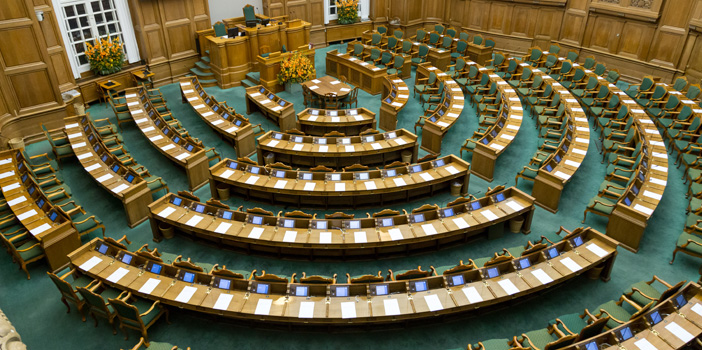

Denmark’s political system has long been admired for its stability, inclusivity, and ability to adapt to changing times. At the heart of this system lies parliamentary democracy, a structure that empowers voters through proportional representation and ensures that no single party dominates the political landscape. Instead, Danish governance thrives on coalition building, where compromise and collaboration become the guiding principles of policymaking. This approach, while at times challenging, reflects the country’s deep commitment to democratic values and collective decision-making.
Parliamentary democracy in Denmark is rooted in the idea that every vote matters, and the allocation of seats in the Folketing, Denmark’s parliament, mirrors the diversity of political opinion across the nation. Unlike systems where two major parties alternate power, Denmark’s proportional representation encourages multiple parties to have a meaningful role in shaping policy. This design ensures that the government reflects a broad spectrum of perspectives, but it also makes coalition building a necessity rather than an option. Rarely has a single party held a majority, and so the practice of forming alliances has become a cornerstone of Danish politics.
Coalition building in Denmark is more than a technical process; it is a reflection of the political culture itself. Danish parties are accustomed to negotiating, compromising, and finding common ground to ensure governance functions smoothly. Coalition agreements often lay out detailed policy priorities that balance the interests of participating parties while addressing the needs of the public. This means that governance in Denmark is not about one party imposing its vision, but rather about shared responsibility and collective action. The process demands patience, trust, and a willingness to set aside ideological rigidity in favor of pragmatic solutions.
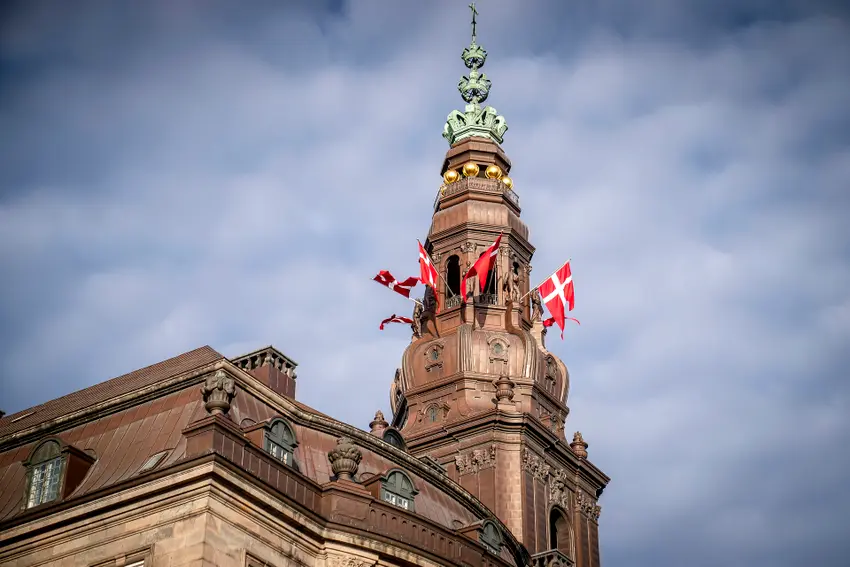
This collaborative approach has significant advantages. It prevents extreme swings in policy direction, as coalition governments tend to represent a wide political spectrum. This stability reassures both citizens and international partners that Denmark remains a reliable and predictable democracy. Policies on healthcare, education, climate change, and economic growth are generally shaped through broad consensus, which makes them more sustainable in the long run. Moreover, coalition politics fosters accountability, as each partner must defend its choices not only to its own supporters but also to the coalition as a whole.
However, coalition building is not without its difficulties. The diversity of views within a government can sometimes slow down decision-making. Disagreements over immigration, welfare reform, or economic policy may lead to prolonged negotiations or watered-down compromises. Smaller parties, despite having fewer seats, often wield significant influence when their support is critical to maintaining a parliamentary majority. This dynamic can frustrate larger parties, which may feel constrained in implementing their vision. Still, the ability of smaller parties to influence policy is also seen as a strength, ensuring that minority voices are heard in the political process.
Denmark’s coalition politics also reflects its values of inclusivity and equality. Voter participation is high, and the electorate expects politicians to work together in the national interest rather than prioritizing partisan victories. Danish citizens understand that compromise is not a sign of weakness but a necessary part of governing a diverse society. This cultural expectation reinforces the effectiveness of coalition building and strengthens trust in democratic institutions.
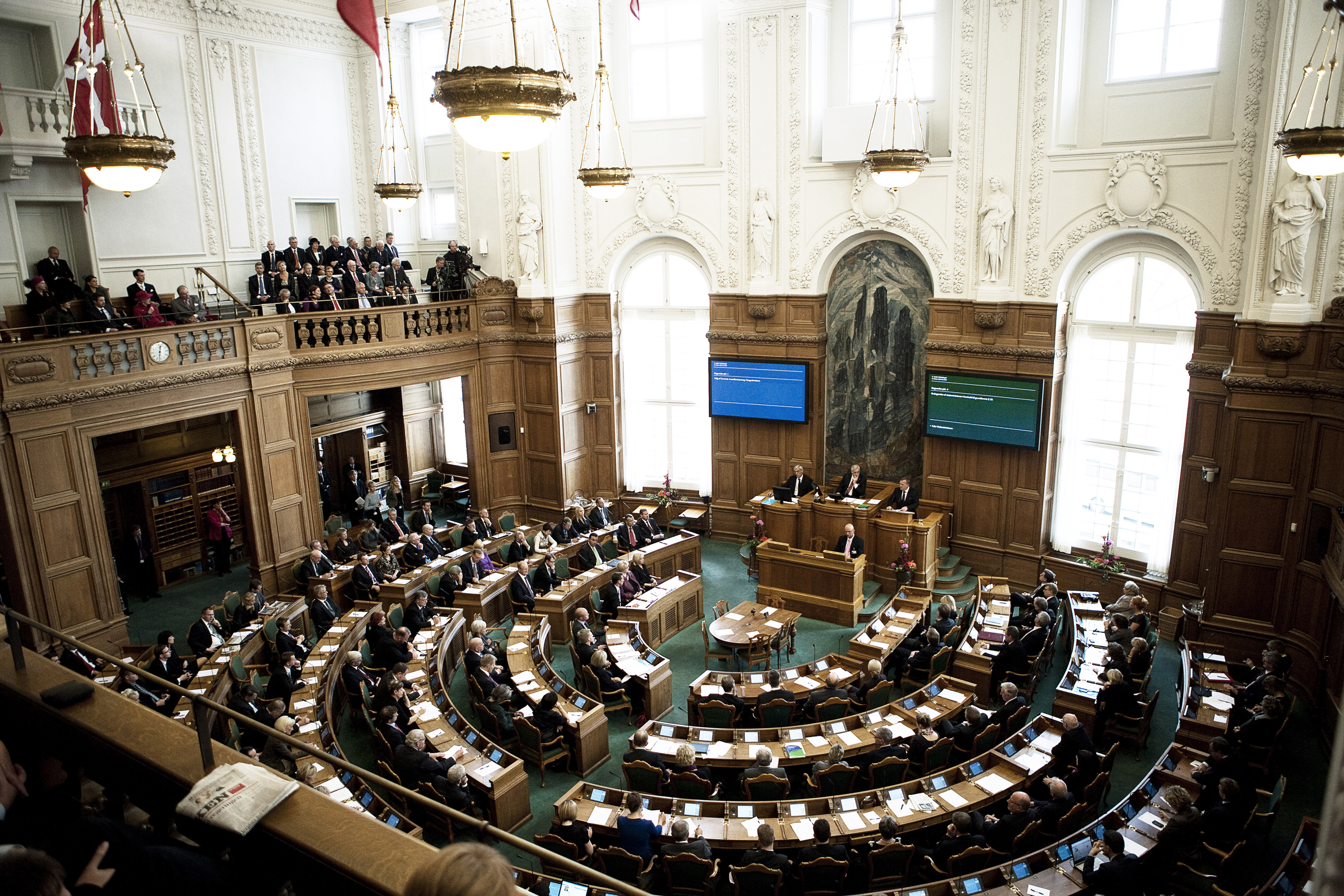
Internationally, Denmark’s parliamentary democracy and coalition model have been studied as examples of how multiparty systems can foster stability without sacrificing inclusivity. In an era where polarization is on the rise in many democracies, Denmark stands out as a nation where cooperation is prioritized over confrontation. The ability of Danish parties to engage in constructive dialogue, even on contentious issues, demonstrates the resilience of its democratic framework.
Looking to the future, the role of coalition building in Denmark is likely to remain central. As new challenges emerge—ranging from climate change to technological transformation and global economic uncertainty—the need for collaborative policymaking will only grow. The success of Danish democracy will continue to depend on the willingness of parties to negotiate, compromise, and craft policies that reflect the needs of society as a whole. While the process may not always be efficient, its results tend to be durable and widely supported, embodying the spirit of democracy in practice.
In essence, parliamentary democracy and coalition building are inseparable in Denmark’s political landscape. Together, they form a system that values representation, inclusivity, and collaboration above all else. The challenges of coalition politics are real, but so too are its strengths, which lie in creating a governance model rooted in dialogue and shared responsibility. Denmark’s example reminds the world that democracy is not about the victory of one group over another, but about the collective pursuit of common goals through cooperation.
Film, TV, and entertainment industry news. Plus, every Friday, a special Awards Insider edition.
By signing up, you agree to our user agreement (including class action waiver and arbitration provisions), and acknowledge our privacy policy.
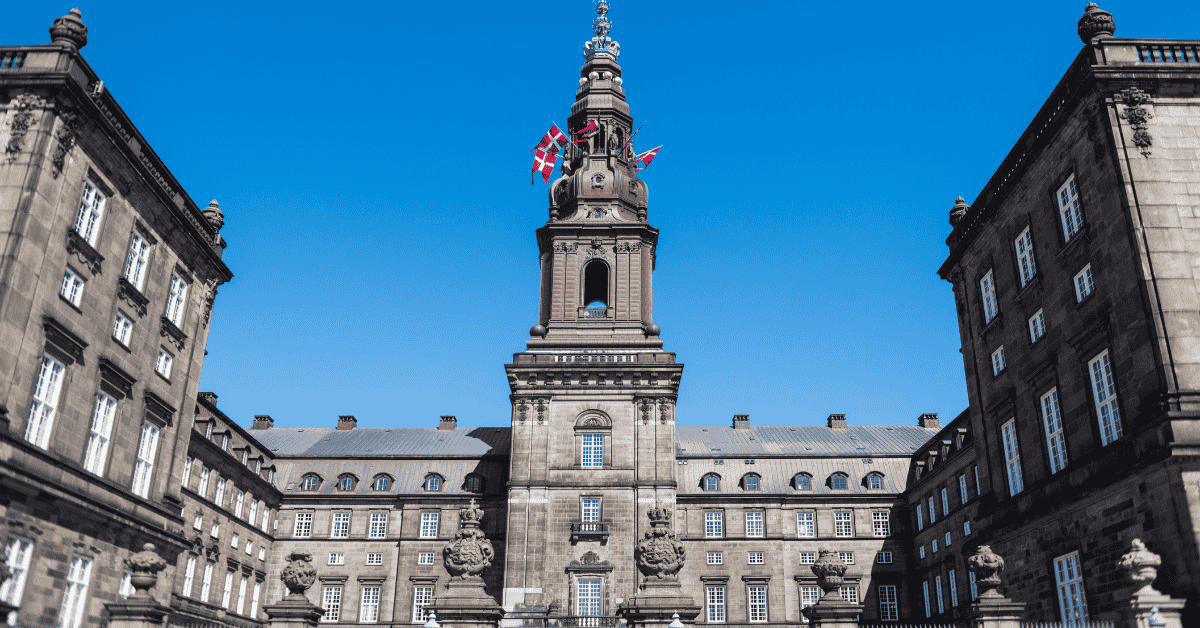
Denmark’s 2026 general election outlook reveals shifting voter dynamics, key political players, and the evolving role of coalition governance in shaping the nation’s future.
By Lærke Thomsen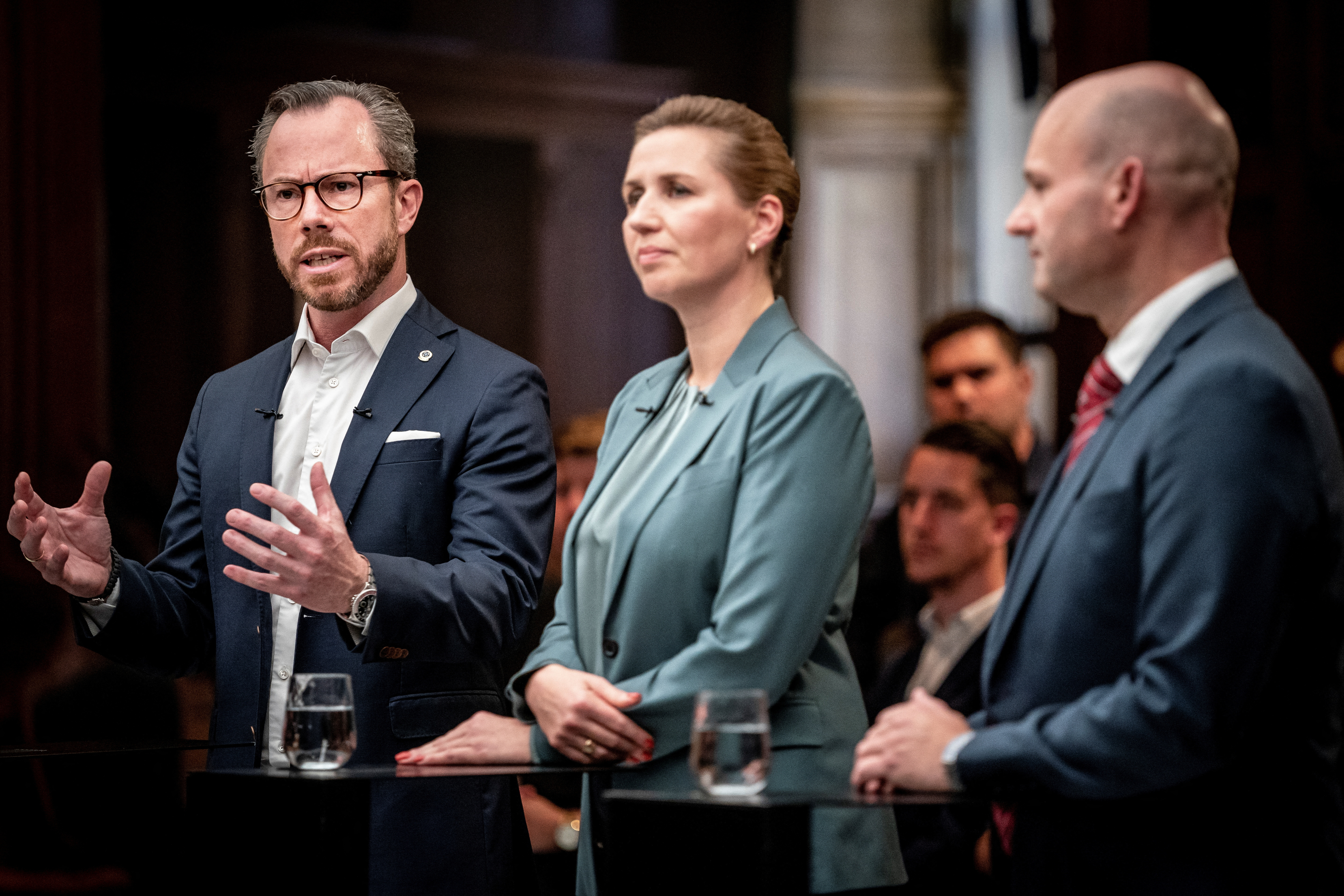
Denmark’s coalition politics in 2025 highlights the challenges and resilience of governing with a slim majority, balancing compromise, stability, and democratic values.
By Clara Sørensen
Danish PM Mette Frederiksen firmly rejects U.S. interest in Greenland, stating “You cannot annex another country” while reaffirming Denmark’s commitment to the Arctic territory’s sovereignty.
By Emil Pedersen
Denmark plans to increase its defense budget by 50 billion kroner ($7 billion), pushing spending beyond 3% of GDP, marking the highest investment in over 50 years to strengthen military capabilities and support NATO.
By Emil Pedersen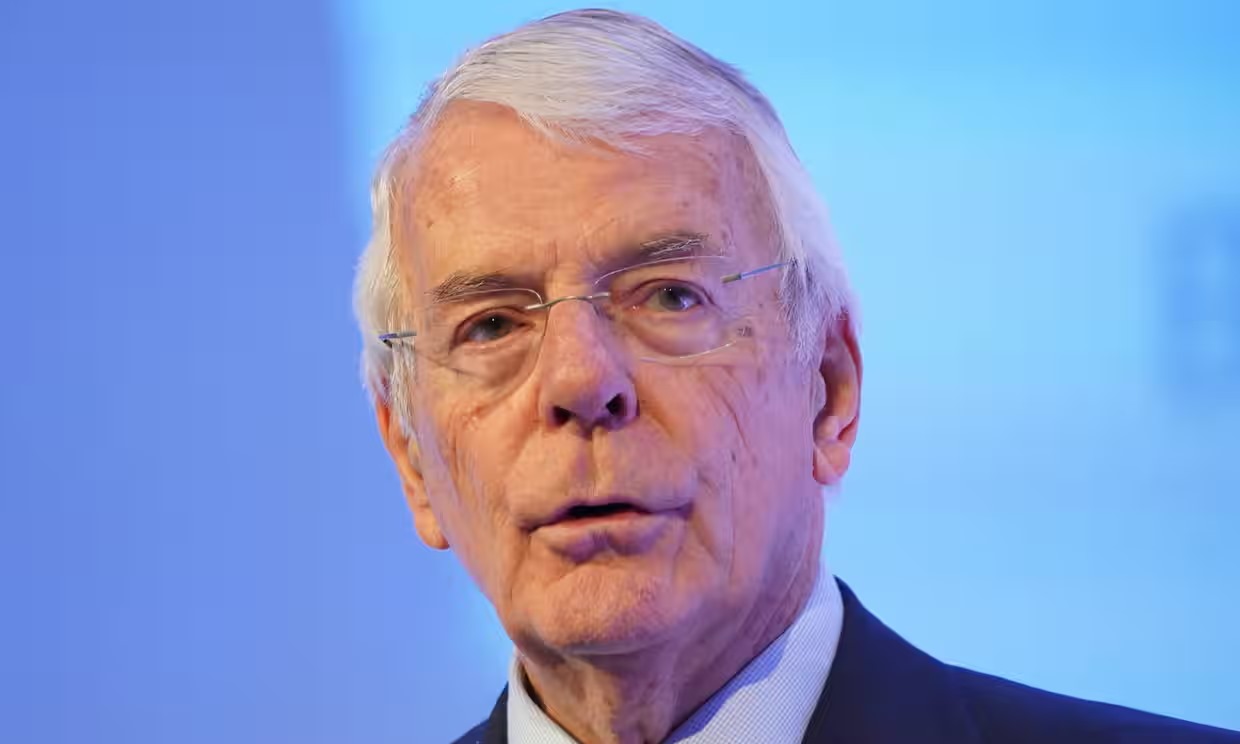
Former UK Prime Minister John Major warns that democracy is at risk due to Donald Trump's isolationist approach and China's growing global influence.
By Emil Pedersen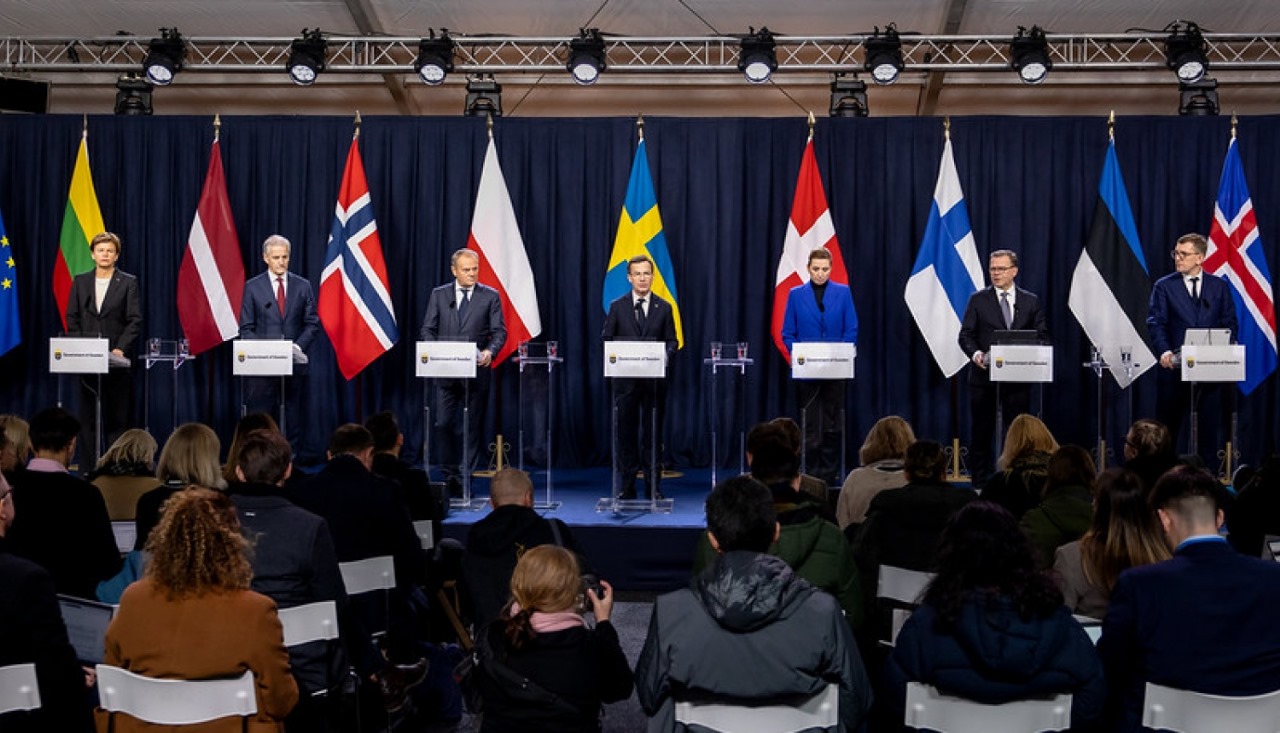
The Nordic and Baltic countries have reaffirmed their unwavering support for Ukraine in its fight against Russia, pledging to enhance military aid, economic assistance, and diplomatic backing.
By Lars Nielsen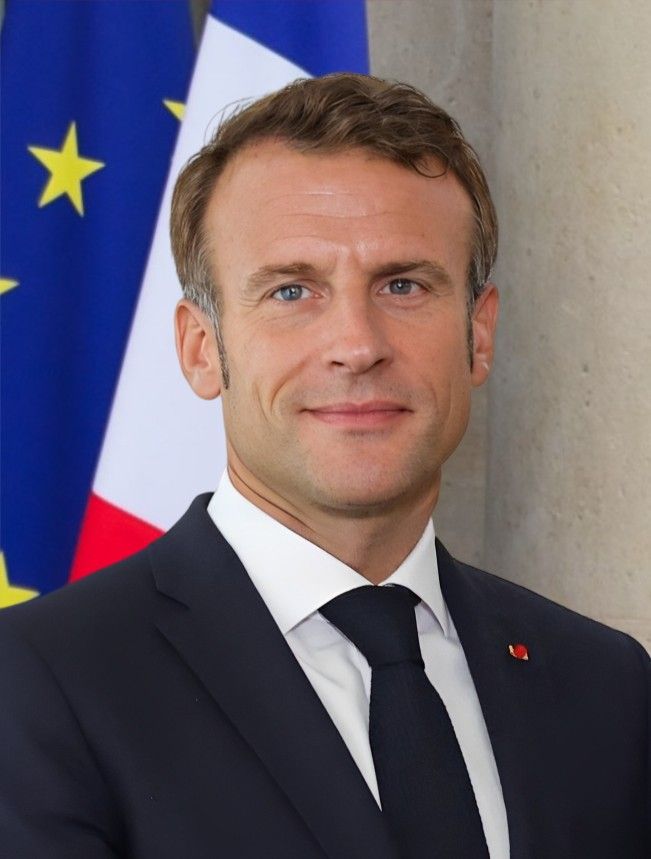
France, Ukraine war, European summit, Emmanuel Macron, European security, Donald Trump, NATO, Kyiv, Russia, diplomacy
By Emil Pedersen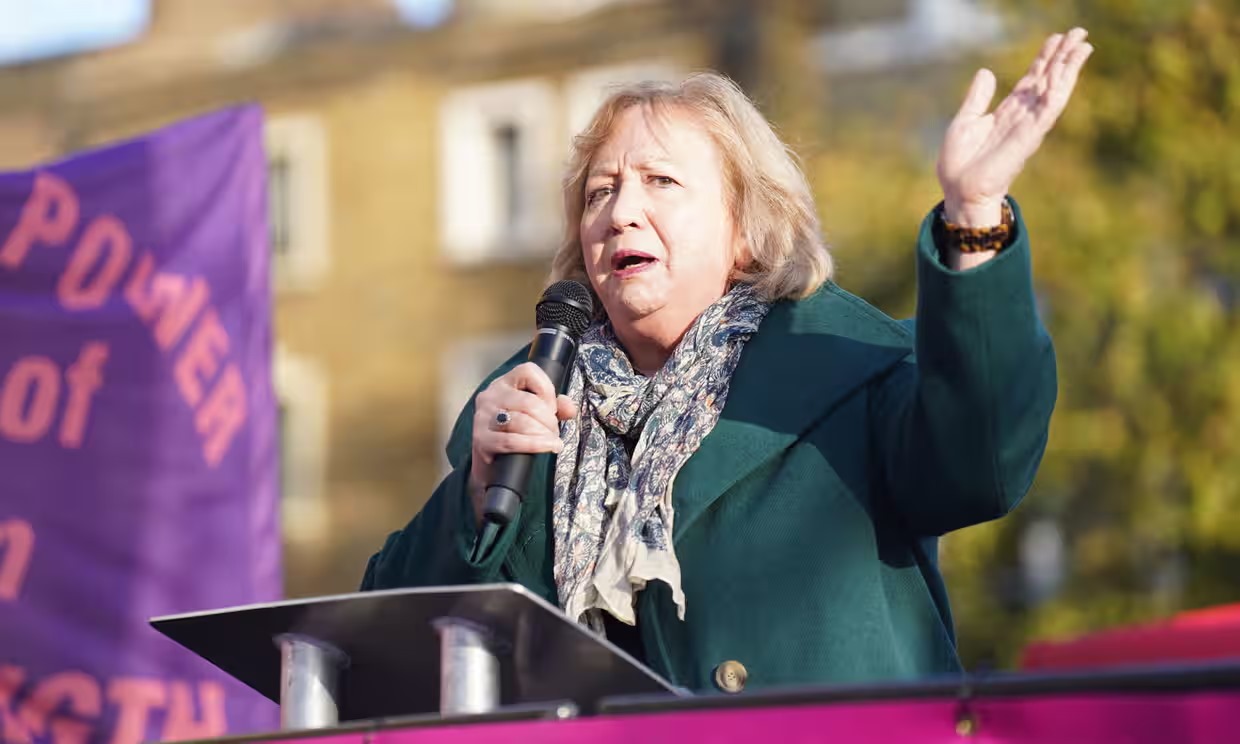
A growing coalition of union leaders, bishops, and refugee advocates has challenged the UK government's policy denying citizenship to refugees arriving via small boats. Critics argue the policy fosters division, risks escalating far-right rhetoric, and contradicts integration efforts.
By Emil Pedersen
Sweden and Denmark are set to replace two aging undersea power cables, Konti-Skan 1 and 2, to enhance electricity transmission capacity between the two countries.
By Lars Nielsen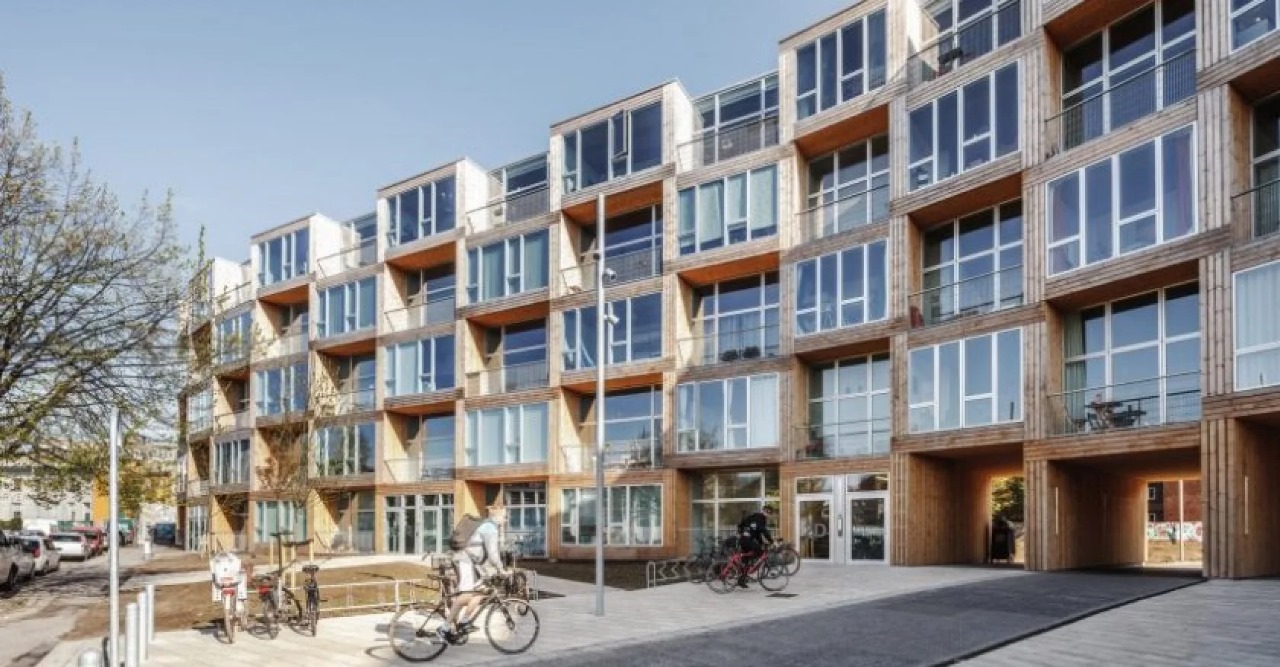
Denmark’s ethnic relocation policy faces EU court challenge over discrimination.
By Emil Pedersen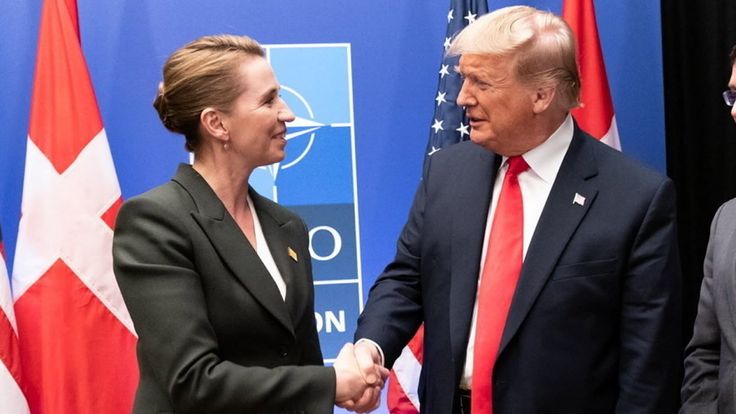
Greenland's independence movement gains momentum amid growing U.S. interest. Pro-independence party Naleraq sees Trump's comments and shifting U.S. policies as strengthening Greenland’s negotiating position with Denmark.
By Lars Nielsen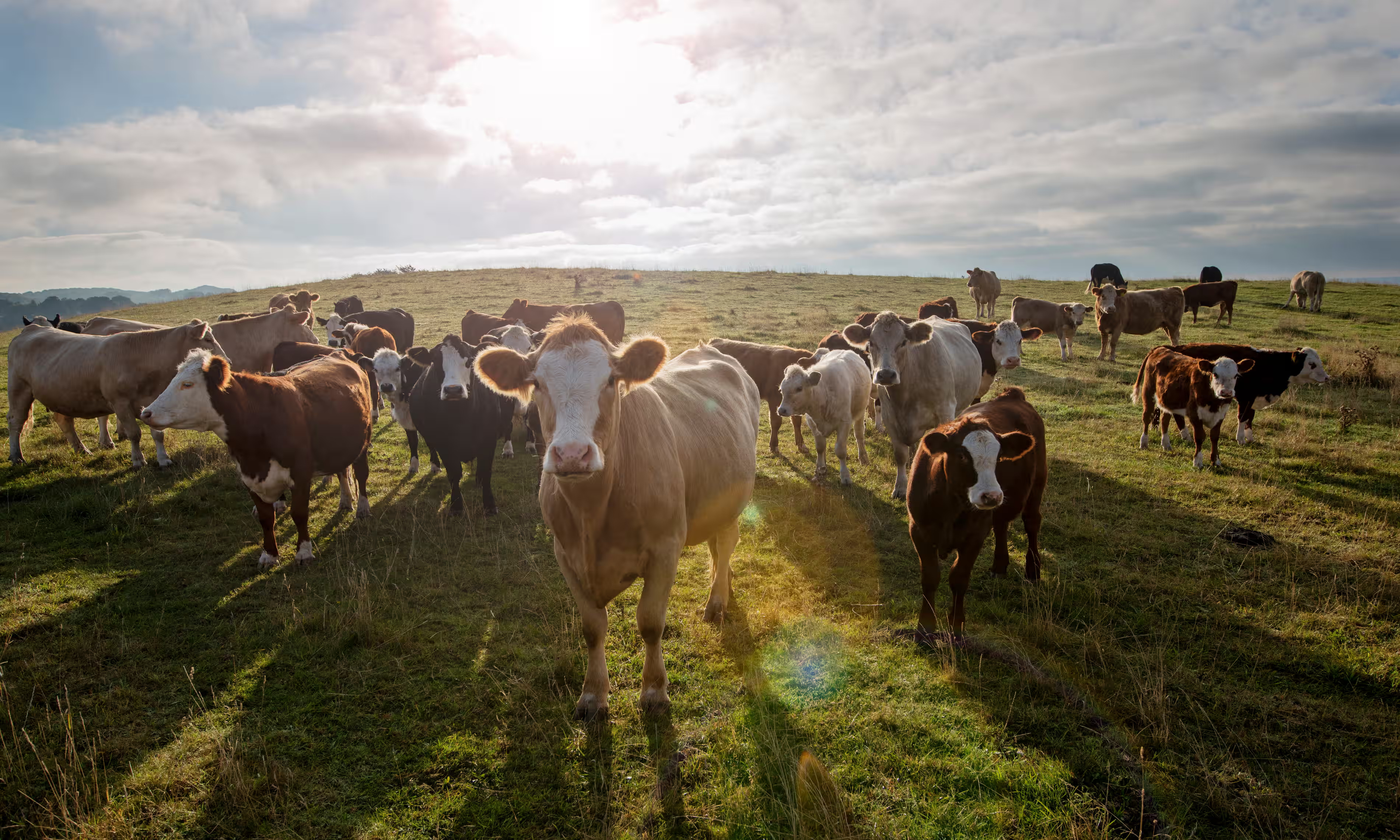
Denmark is investing €170 million in a plant-based food initiative to lower agricultural emissions, support food innovation, and promote sustainable business growth.
By Emil Pedersen